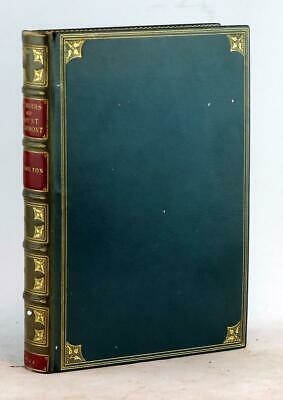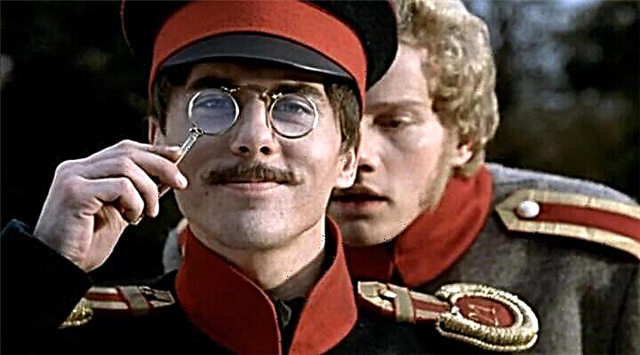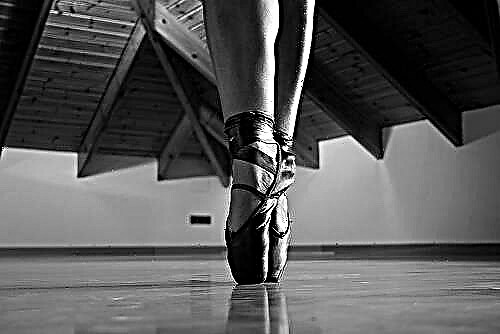Together with the hero of the novel, Jacob Fabian, we live a short period of time - maybe a few weeks or even less. During this period, the hero mainly suffers losses - he loses his job, loses a close friend, his beloved leaves him. Finally, he loses life itself. The novel is somewhat reminiscent of the paintings of the impressionists. From volatile, as if optional dialogues and not too consistent heterogeneous events, a picture of life suddenly appears, taken by surprise and captured with extraordinary power, sharpness and volume. This is a story about how the heart does not withstand the oppressive contradiction of time. On the price of unbelievable resistance to circumstances at the level of an individual.
The action takes place at the very beginning of the thirties in Berlin. Europe has a big change. “The teachers are gone. Lesson schedules as never happened. The old continent does not move to the next class. The next class does not exist. ”
So the protagonist marks his time. At the same time, he plays the role of a contemplator with ruthless honesty. “Other people have a profession, they move forward, get married, make children their wives and believe that all this makes sense. And he is forced, and of his own free will, to stand at the door, watch and from time to time fall into despair. "
The main drama of Fabian is that he is too extraordinary, deep and moral personality to be satisfied with vulgar philistine goals and values. He is endowed with a vulnerable, responsive soul, an independent mind, and an acute "ridiculous need for complicity" in what is happening. However, all these qualities are unnecessary, unclaimed. Fabian belongs to the lost generation. From school, he got to the front of the First World War, and from there he returned with the bitter experience of early deaths and a sick heart. Then he studied, wrote a dissertation on philosophy. The desire for "complicity" drove him to the capital, which he characterizes as a distraught stone sack. Mother and father remained in a small quiet town where he spent his childhood. They barely make ends meet, existing at the expense of a tiny grocery store, where every now and then you have to discount uncomplicated goods. So the hero only has to rely on himself.
When we meet Fabian, he is thirty-two years old, he rents a room in a guesthouse and works in the advertising department of a cigarette factory. Before that, he worked in a bank. Now he composes meaningless rhymes for advertisements all day, and kills evenings with a glass of beer or wine in the evenings. His drinking buddies are either fun cynical newspaper men, or some girls of dubious behavior. But the life of Fabian goes as if along two channels. Outwardly, she is absent-minded, empty and full of criminal frivolity. However, behind this is intensive internal work, deep and accurate thoughts about time and about yourself. Fabian is one of those who understands the essence of the crisis experienced by society and with impotent bitterness anticipates near catastrophic changes. He can’t forget that many cripples with mutilated bodies and faces are scattered around the country. He remembers flamethrower attacks. Damn this war, he repeats to himself. And he asks the question: “Are we going to get to this again?”
Fabian suffers, how can a strong and talented person suffer, striving to save people from impending death and not finding the opportunity to do so. Nowhere is Fabian talking about these experiences, on the contrary, he has a caustic, ironic self-esteem, he talks about everything mockingly and outwardly accepts life as it is. But the reader is still allowed to look into the depths of his soul and feel its unbearable pain.
In Berlin, growing apathy and disbelief in the government’s ability to improve the economic situation. An oppressive fear of inflation and unemployment hangs over the country. Two polar camps - communists and fascists - are shoutingly trying to prove each one is right. However, the hero of the novel is far from both those and others. A characteristic episode is when Fabian, together with his friend Stefan Labude, catch a shoot-out of two such unfortunate politicians on a bridge at night. First, friends discover a wounded communist who is being helped. After a few meters, they stumble upon a National Socialist - also a wounded man. Both fighters are sent to the hospital in one taxi. At the clinic, a tired doctor observes that nine rescuers of the fatherland were delivered that night, “It seems that they want to shoot each other and reduce the number of unemployed.”
Stefan Labude is the only friend of Fabian. They have a common destiny, although Labude is the son of wealthy parents and does not need money. He is close to Fabian with his fine mental organization, sincerity and selflessness. Unlike Fabian Labude, he is ambitious and eager to gain public recognition. He rebukes his friend that he lives as if in a waiting room, refuses active actions and does not have a firm goal. Fabian objects to him: “I know the goal, but, alas, you cannot call it the goal. I would like to help people become decent and reasonable. ”
Labudet fails one failure after another. He receives a terrible blow when he learns that the bride, who pretended to be a tender and passionate lover, cheats on him in cold blood. Rushing into politics, he also experiences complete disappointment. The last hope remains his cherished work on Lessing, to which he gave five years and which is now awaiting university recall. In the meantime, Labude is trying to find solace in bohemian lowly companies and booze.
In one of these companies, Fabian meets Cornelia. She says that she’s recently in the city and came to study at a film studio. Fabian goes to see her off and discovers that he is coming to his own house. By a wonderful coincidence, Cornelia, it turns out, also settled here. They spend the night together. They are related by the mocking ease of perceiving the present and the lack of great hopes for the future. They live one day, and the fuller and sharper their mutual feeling. For the first time, Fabian suddenly seriously thinks about the possibility for himself of a simple worldly happiness.
However, reality is crowding even these modest plans. Arriving at the service, Fabian discovers that he was fired for layoffs. He is handed over two hundred seventy marks of calculation. Cornelia takes one hundred of them - she urgently needs a new hat and a jumper, as she was invited to film screenings for a new film. Another hundred Fabian pays the hostess of the guesthouse a month in advance. He himself goes to the labor exchange, replenishing the dull ranks of the same unemployed. He is asked idiotic questions, driven from one department to another, but almost leaves no hope for help. Just these days, his mother comes to visit him. Fabian does not tell her about dismissal, so as not to upset him, and his mother wakes him up early in the morning and rushes him to work, Fabian wanders aimlessly all day in the streets, instead of spending time with his mother, who leaves that evening back.
The hero is again trying to find a job. But he is not endowed with aggressive tenacity and the ability to get his own price. “I could stand on Potsdamerplatz,” he jokes gloomily, “hanging a sign on his stomach like this:“ At the moment, this young man is not doing anything, but try it, and you will see that he is doing everything ... ”
Having returned after wandering around the editorial offices to the guesthouse, he finds a letter from Cornelia. She writes that she was taken on the role and the producer rented a separate apartment for her. “What could I do? Let me have fun, it just so happened. Only falling out of the mud can one get out of the mud. ”
Fabian is thrown back to the unwanted and damned freedom for him now. He meets Cornelia in a cafe, but realizes that something irreparable happened. The conversation is bitter and painful. It is easier for him to forget with some unfamiliar girl - drowning out the longing.
Returning to the guesthouse late at night, he finds out that he was interested in the police. His friend Labude is dead. He fired a bullet at his temple right during the night's revel, from a revolver once taken on a bridge from a Nazi, Fabian Labude left a letter in which he said that his work on Lessing received a devastating review and this next crash was unbearable for his ambition. “In short: this life is not for me ... I became a comic figure, I failed on exams in two main subjects - love and profession ...”
Fabian spends the rest of the night at the bed of a dead friend. He looks into his changed face and turns to him the most secret words, unable to reconcile himself to this senseless death. Later it turns out that Labude was the victim of a malicious joke. He received the news of the hacked work he received from a mediocre assistant, while the professor found the work outstanding ...
A friend left Fabian with two thousand marks. Fabian gives one thousand Cornelia at their last meeting: “Take half. I will be calmer. "
He himself gets on a train and travels to his hometown, to his mother and father. Maybe here he will find peace? However, the province is no less depressing. The possibilities of using forces here are even more miserable and limited than in the capital, and the way of life is stifled and conservative. “Here, Germany did not rush about in the heat. Here she had a low temperature, "Fabian" was more and more plunged into a hint of anguish. " Mother advises him to adapt and somehow find a goal in life. Man is a slave to habit, she says pointedly. Maybe she’s right?
And yet, the hero refuses so far from a measured philistine existence. His last decision was to go somewhere in the countryside, collect his thoughts, and only then decide on his life's task. Courage and inner honesty do not betray Fabian for a minute. He realizes that he can no longer stand near events. He walks the streets, thoughtlessly looks at shop windows and realizes that "life, no matter what, is one of the most interesting activities." After a few moments, passing over the bridge, he sees a little boy balancing ahead on the railing. Fabian steps up, runs. The boy, unable to resist, falls into the water. Without hesitation, Fabian takes off his jacket and rushes into the river - to save the child. The boy, crying loudly, swims to the shore. Fabian is drowning.
He did not know how to swim.

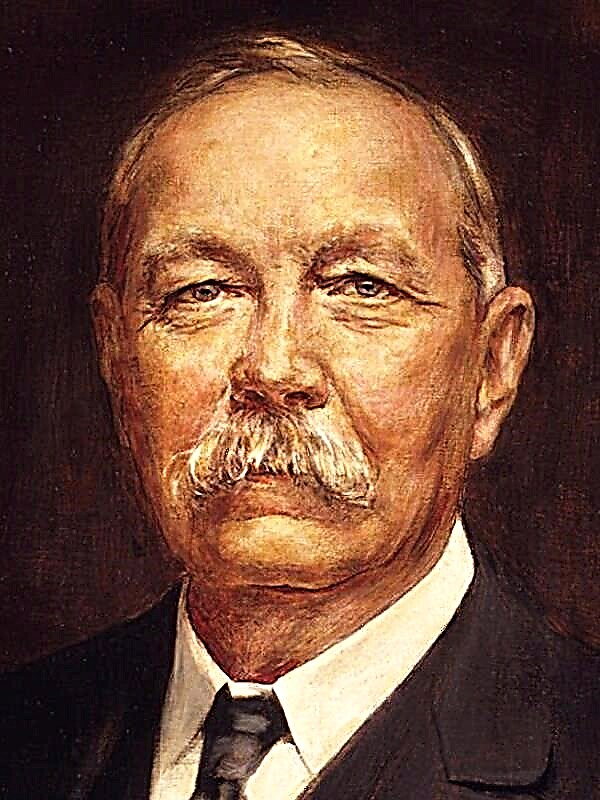

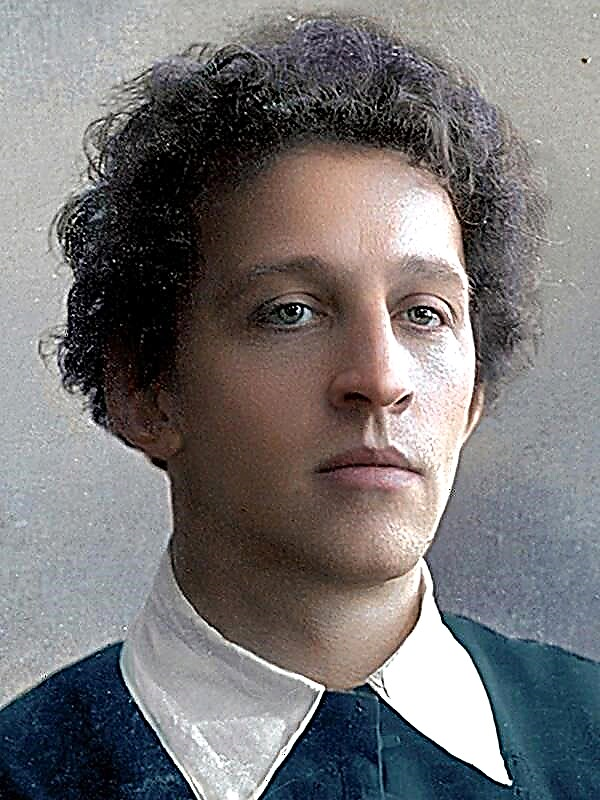
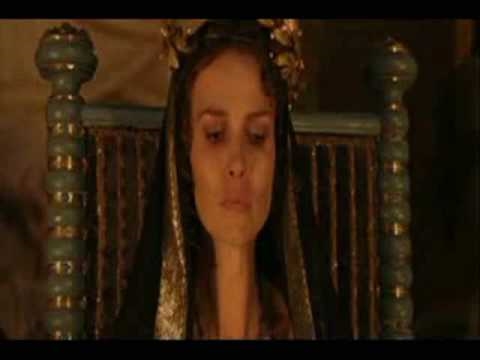
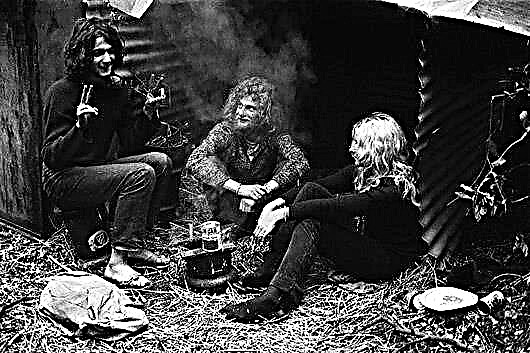
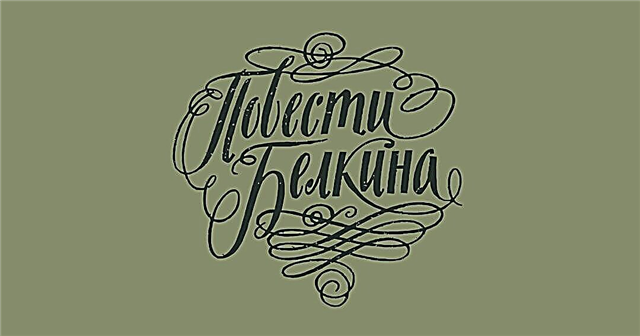
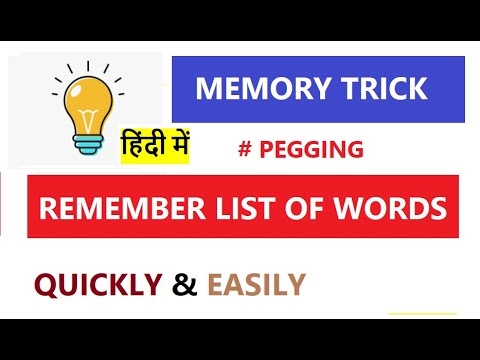 Misconceptions of the heart and mind
Misconceptions of the heart and mind
